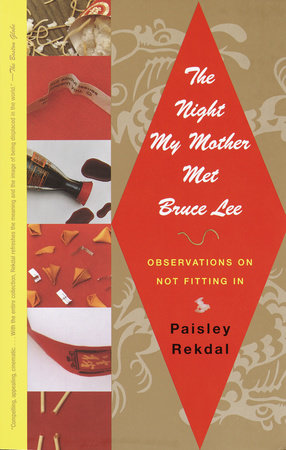California Institute of Integral Studies, San Fransisco
2010
150 pages
AAT 3407199
ISBN: 9781109754452
Malia Joiner
A Dissertation Submitted to the Faculty of the California Institute of Integral Studies in Partial Fulfillment of the Requirements for the Degree of Doctor of Psychology in Clinical Psychology California Institute of Integral Studies
This qualitative inquiry explored the Multiracial woman’s experience of “not belonging” to any single ethnic group and the consequences for self-identity formation. Interview data were collected from self-identified Multiracial women, at least 18 years of age, who participated in semistructured interviews. Subjects were solicited through snowballing recruitment and searches at universities and websites geared toward Multiracial individuals.
The data were analyzed and grouped into themes according to phenomenological methods, with the goal of identifying common themes among women of Multiracial backgrounds in regard to their experiences around identity formation. The salient themes were (a) Phenotype, (b) Childhood Experiences, (c) Geographical Impact, (d) Sexuality and Self-Esteem, (e) Belonging, and (f) Identity Fluidity. These themes were found to be present in either the majority or all of the narratives, and were therefore likely indicative of a larger collective experience.
The limitations of this study were related to researcher bias and to the geographic and socioeconomic homogeneity of the sample. The sample was also skewed with higher levels of education as well as a strong representation of at least partial Asian ethnicity. Further research could attend to these limitations and build upon the results of this study.
Table of Contents
- Abstract
- Dedication
- List of Tables
- Chapter 1 Introduction
- Background of the Problem
- Statement of the Problem
- Purpose of the Study
- Chapter 2 Literature Review
- Definition of Terms
- Race
- Ethnicity
- Culture
- Identity
- Identity
- Ethnic identity
- Ethnic identity formation
- Phinney’s developmental model of ethnic identity formation
- Poston’s Biracial Identity Model
- Kich’s Biracial Identity Development Model
- Gender and identity formation
- The Womanist Identity Development Model
- The womanist consciousness approach
- Ethnic identity formation
- The Multiracial Experience
- Power and guilt
- Physical appearance
- Sexualized stereotypes
- Parental influence and family dysfunction
- Otherness
- Counseling Implications
- Ethnic identity
- Definition of Terms
- Chapter 3 Methodology
- Research Design
- Data Collection and Participants
- Data Analysis
- Verification Procedures
- Chapter 4 Findings
- Participants
- Themes
- Phenotype
- Childhood experiences
- Geographical impact
- Sexuality and self-esteem
- Belonging
- Identity fluidity
- Chapter 5 Discussion and Recommendations
- Discussion
- Phenotype
- Childhood experiences
- Geographical impact
- Sexuality and self-esteem
- Belonging
- Identity fluidity
- Personal Assumptions and Their Relationship to the Findings
- Limitations of the Study
- Recommendations for Future Study
- Clinical Implications
- Summary
- Discussion
- References
- Appendix A Informed Consent to Participate in Research
- Appendix B Sample Interview Questions
- Appendix C Sample Interview Transcript
- Appendix D Codes Resulting From Data Analysis Phase 2
Purchase the dissertation here.

